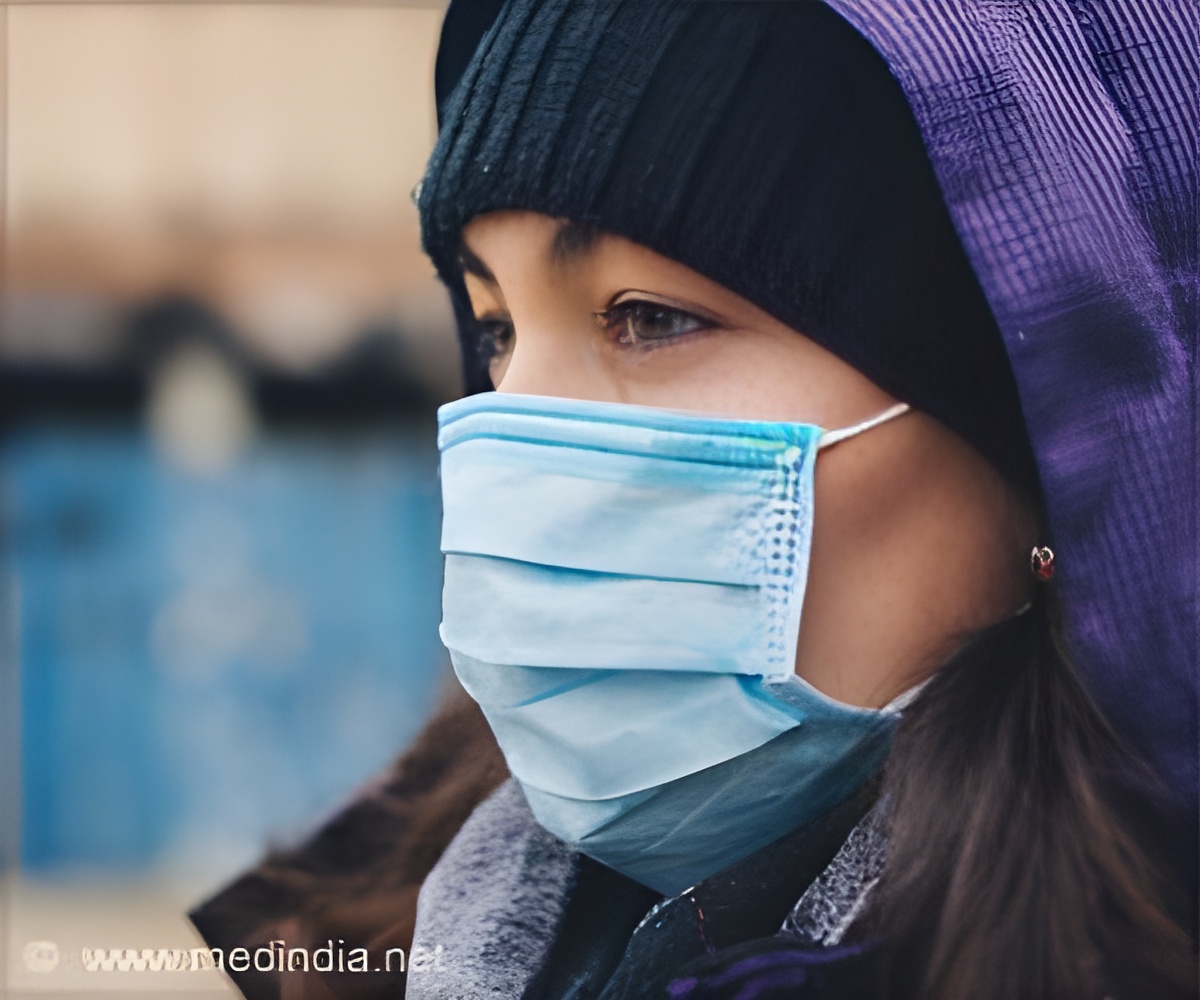Wearing a mask could trigger contact dermatitis in people with several skin allergies. Common allergens that cause skin problems are found in masks, elastic bands, and other components of face masks.

‘Common allergens that cause contact dermatitis are found in masks, elastic bands, and other components of face masks.’





A medically challenging case presented by a new study revealed that mask-wearing triggered a man's contact dermatitis who had several skin allergies."We treated a 60-year-old Black man who has adult-onset eczema, contact dermatitis and chronic nasal allergies in our clinic after he came in three times to our hospital emergency room (ER) because of an uncomfortable face rash," states allergist Yashu Dhamija, lead author of the paper. "Up until April 2020, his skin conditions had been under control, but with mask-wearing, his symptoms began happening in areas that providers were not yet accustomed to."
The ER doctors who first examined the patient prescribed prednisone for the rash. When his symptoms were not cured, the patient underwent a follow-up telehealth visit with the hospital's allergy clinic. Further research revealed his skin allergies had begun to flare in April 2020, corresponding with the pandemic and his mask-wearing.
"We realized that his rash developed right where the elastic parts of a mask would rest," stated allergist Kristin Schmidlin, MD, co-author of the paper. "We reduced the prednisone and prescribed him to use a topical steroid and a topical immunosuppressant until the rash resolved. We also told him to try cotton-based, dye-free masks without elastic. At a follow-up telephone visit, 1 week later, the patient said his rash continued to improve."
The authors note common allergens are found in masks, elastic bands, and other components of face masks. Hence, people with existing skin allergies should work with their allergist. Your board-certified allergist can do patch testing to help recognize specific components in masks, which may be triggering symptoms.
Advertisement















